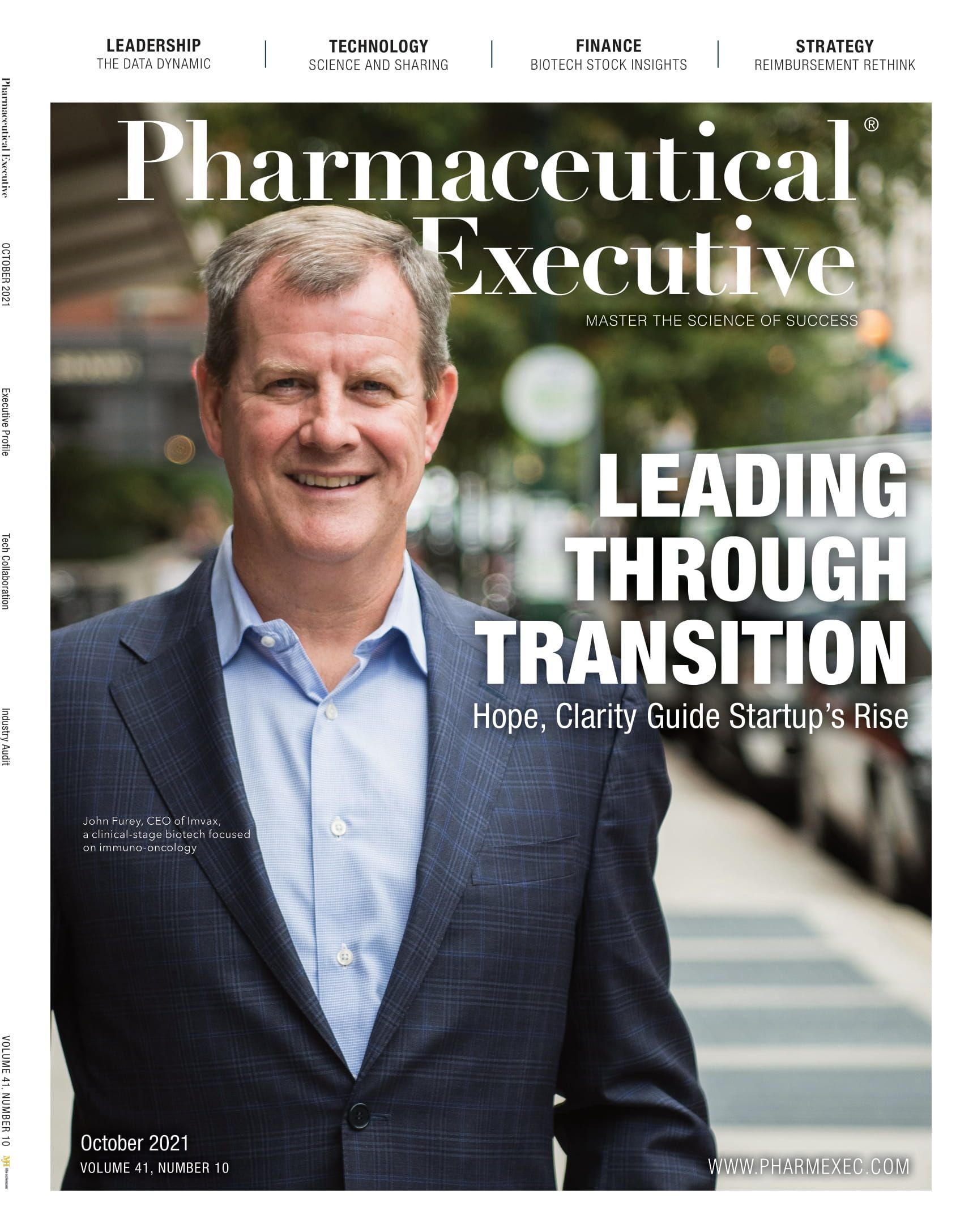A FAB Opportunity Emerging for Europe’s Drugmakers
New EU initiative aims to curve shortage of vaccines and therapies.
FAB is not a true acronym or a throwback to flower-power slang but a chance for medicine manufacturers in Europe to get paid for doing nothing—almost. The European Union is inviting companies to apply for funding to remain alert so they can turn out emergency supplies in the event of another pandemic.
It’s part of the EU’s new strategy to avert a repetition of the drug shortages and vaccine delays that allowed COVID-19 to do such damage to Europe’s health and economy. EU FAB will be “a network of ever-warm production capacities,” according to official statements that emerged in September. An initial notice provides vaccine and therapeutics manufacturers with preliminary information about an upcoming call planned for early 2022.
The objective is to establish a production capacity reserve that can be activated in case of future crises. EU FAB will cover multiple vaccine and therapeutic technologies. And to be operational at all times, the participating production sites are expected to ensure availability of qualified staff, clear operational processes, and quality controls so that they can leap immediately into action at a signal from the health authorities. “EU FAB will be able to quickly and easily activate its network of manufacturing capacities to meet demand for vaccines and/or therapeutics needs, until the market has scaled up production capacities.”
An initial information notice provides a little more detail about its plan for the “establishment of a network of ever-warm production capacities for vaccines and therapeutics manufacturing (EU FAB).” It explains that the COVID-19 pandemic exposed the challenges in existing EU facilities to ramp up their production, and the EU must consequently “be better prepared and guarantee quicker access to sufficient manufacturing capacities for vaccines and therapeutics, to respond to EU needs and to fulfil our global obligations.” Hence the plan for “the network of ever-warm, single and/or multi-technology production capacities for vaccines and therapeutics,” to “ensure heightened supply in case of a surge in demand due to public health emergencies, by reducing the time needed between development and industrial scale-up, and provide for solid supply chains.”
The contracts will ensure that EU FAB has a total EU production capacity of 700 million doses of vaccine, half of which would need to be made available within the first six months following activation. The chosen companies will need to ensure the entire production chain of the finished product, including fill and finish and packaging, according to the specifications of the marketing authorizations and manufacturing authorizations. In addition, manufacturers have to demonstrate access to sufficient quantities of all necessary critical raw materials and consumables. In case of activation of EU FAB, they have to be capable to produce and supply the doses to be agreed, upon request and within the requested timeframe. But the bonus is that during “non-crisis” times, these facilities can be used for the participating companies’ regular activities. And the production must take place in Europe—after its all-too-public spats during the year with AstraZeneca over non-delivery of UK-manufactured supplies of COVID-19 vaccines, the EU is keen to avoid any further ambiguities in its terms and conditions.
It is part of the industrial dimension of the European Health Emergency Preparedness and Response Authority (HERA), which the EU sees as another step toward creating what it envisages as a “European health union.” EU FAB will be the principal instrument for meeting HERA’s goal of addressing vulnerabilities and strategic dependencies related to the development, production, procurement, stockpiling, and distribution of medical countermeasures—which the EU defines loosely as including drugs and vaccines as well as equipment. EU FAB is overtly aimed at addressing market challenges and failures so as to ensure the availability of critical technologies and production sites—and not just for essential medicines but for breakthrough innovation, too. A task force for industrial scale-up of COVID-19 vaccines has been in operation since February 2021 as a helpdesk for manufacturers in need of operational support ramping up production capacity in Europe. The EU aims to reach an annual production capacity of 2 to 3 billion doses by the beginning of 2022.
Reflector is Pharmaceutical Executive’s correspondent in Brussels
